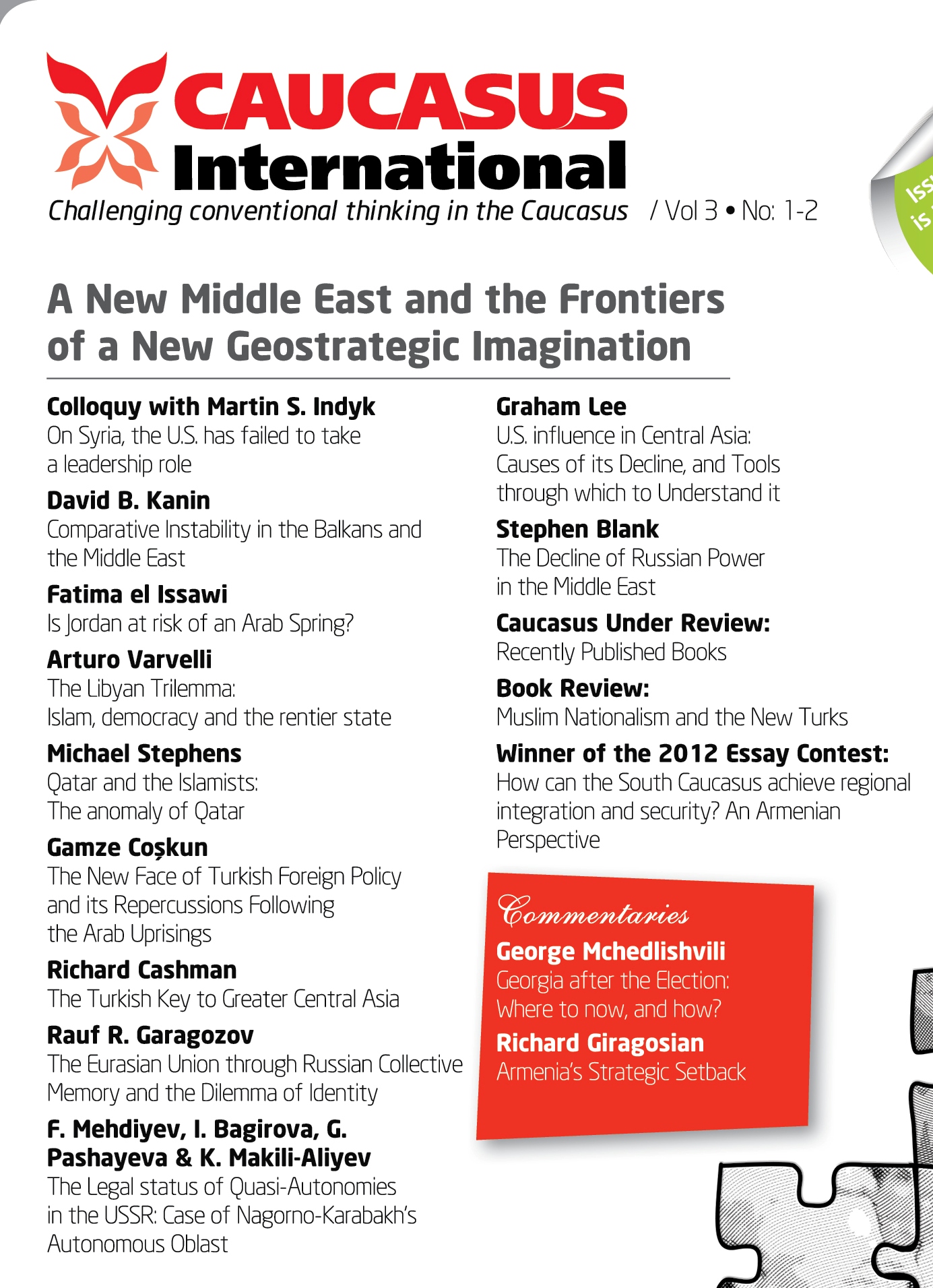The Turkish Key to Greater Central Asia
The countries of Central Asia, the Caucasus, Afghanistan and Western China can more usefully be thought of as Greater Central Asia. While constituting something of a black hole on the map of globalization, they are viewed by many strategists as increasingly important in terms of diminishing global resources. Additionally, they form a geopolitical wedge between the states the West considers the greatest threats to its values of individual rights and democracy: Russia and China. The state exercising the greatest degree of what might be called ‘organic power’ in the region is Turkey, which is perhaps once more becoming a global power in its own right. Turkey is currently a Western ally and has spent almost a century imitating Western organizational mores. However, it also has an overwhelmingly Muslim population and seems to be increasingly torn between those Western values and Islamic ones. Aside from these geopolitical and even ideological struggles, there are sound economic reasons for greater international cooperation in Greater Central Asia. Nevertheless, Turkey will remain the geopolitical key to the region; whether that key turns itself or is turned by others is very much open to question.
Latest news
- 03/17/2020 Call for Submission: “Non-Alignment Movement and Its Perspective in International Affairs”. Deadline: 1 July 2020 2626 views
Popular articles
- 02/24/2020 The Role of Irredentism in Russia’s Foreign Policy 2536 views
- 02/24/2020 Construction of sub-national identity vis-à-vis parent state: Gagauz case in Moldova 2218 views
- 02/24/2020 The Conflict in Ukraine - The Geopolitics of Separatism and Divergent Identities (Commentary) 2073 views
- 02/24/2020 The Role of the Soviet Past in Contemporary Georgia 2044 views





